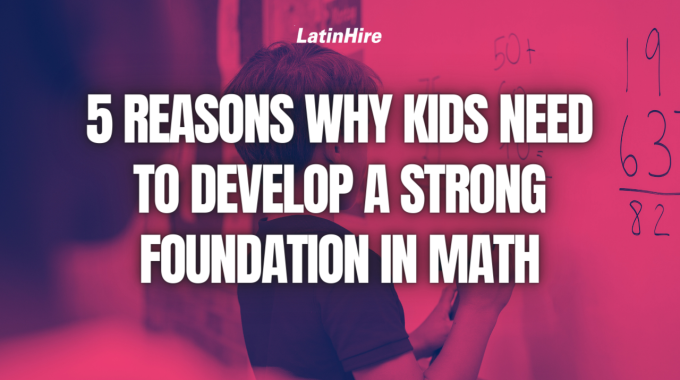As the weather warms up and we approach summer (in the Northern hemisphere), kick off…

8 Study Tips to Help Your Students Learn Better
To learn anything effectively requires effective studying strategies. Many students struggle to learn simply because they do not have good study habits. Often, they may just force themselves to memorize the information without understanding it and get frustrated in the process.
Here are 8 study tips you can share with your students to help them learn better. As teachers, we are always learning too, so these tips may help you as well!
Tip #1: Take your own notes and use colors to organize the information.

Students often rely solely on PowerPoints or videos to learn, without ever reproducing the information themselves. Taking notes (especially by hand) is an effective way to help your brain remember and dissect the material. Try to take notes by summarizing rather than copying to make sure you understand what it is you’re writing.
Use different colored pens or highlighters to categorize information. For example, you can use one color for definitions, another color for formulas and different colors for key ideas. Also, use underlines and boxes to identify the most important information. The more appealing you make your notes, the easier it will be to study them later.
Tip #2: Review your notes frequently.
It’s always easier to retain information when you study it frequently over a period of time rather than cramming at the last minute. Once you’ve made your notes, take a few minutes each day to review some pages. Even just reading your notes out loud will help you recall the information and remember it better.
Tip #3: Create test questions for yourself.

After making your notes, go through them thoroughly and create test questions with the material. Complete the test without using your notes and see how much you remember. Afterwards, you can check your answers with your notes or other sources.
This is a great way to see where you have knowledge gaps and for any answers you got wrong or did not know how to answer, make a star in your notes to remind yourself to go through that section more times. Often you don’t know what you know unless you take a test!
Tip #4: Clear distractions and create a designated study space.
If you’re one to be easily distracted by your phone and always feel the temptation to check your notifications, put your phone in a different room when you study. If you have other distractions in your study space, move those to another room as well.
Try to create a designated space for studying, so your mind can get into the zone. Avoid clutter in your study area and make sure you have good lighting so you’re not straining to read your textbook or to see your notes. When you feel comfortable in your study space, that’ll help clear your mind and allow you to study better.
Tip #5: Ask questions when you don’t understand something.

Constantly ask yourself, “What is it exactly that I don’t understand?” You want to be as specific as possible rather than just vaguely saying “I’m confused, I don’t understand any of it.” The clearer you can frame your question, the easier it will be to get the right answer.
Remember that your teacher is available to answer your questions as well. Teachers like students who take initiative to ask questions. You can also look up the questions online as very likely, a question you have has already been asked on the internet. Just be careful to check various sources and not to believe the first one you see.
Tip #6: Make a study schedule and follow it.
Studying works best with spaced repetition. You don’t want to study too much at a time because your brain will tire out. If you are studying for a test, start studying well in advance before your test and make a plan to study for a certain amount of time each day. You can increase your studying time as you get closer to the test, but it’s more important to study over a period of time rather than cramming at the end.
Tip #7: Study with flashcards.

Flashcards are a great way to test yourself on knowledge that has to be memorized. You write a question on one side of the flashcard and the answer on the other side. Or if you are trying to memorize new vocabulary, write the word on one side and the definition on the other side.
There are many applications that provide you with virtual flashcards. Some of these provide spaced repetition which is one of the most effective ways to remember something. Spaced repetition gives you the cards in timed intervals which helps your brain remember something the moment you’re about to forget it.
Tip #8: Take breaks.
Sometimes you may be very motivated to study and want to study for hours on end, but studies have shown that this is actually not very effective because our brains fail to retain all that information. An optimal study to break ratio is to study for 25 minutes and then take a 5 minute break. You can try a Pomodoro timer to help you with managing your study sessions and breaks so you have maximal focus during the study times.
We hope these study tips will help you and your students study any subject more effectively! Are there any other study strategies you use? Please share them in the comments below!



